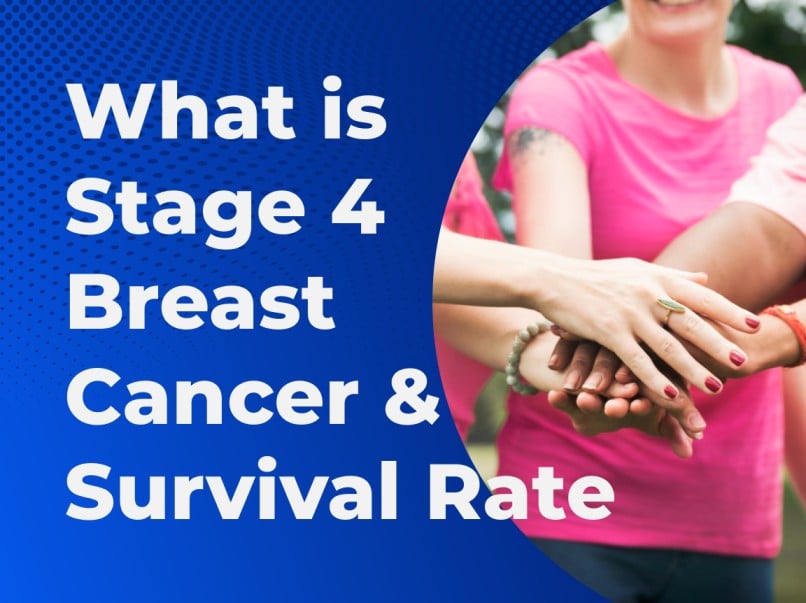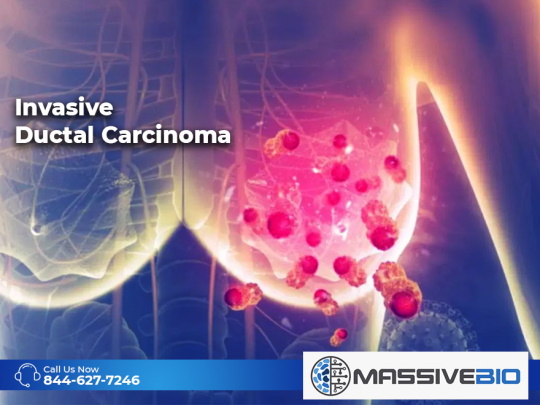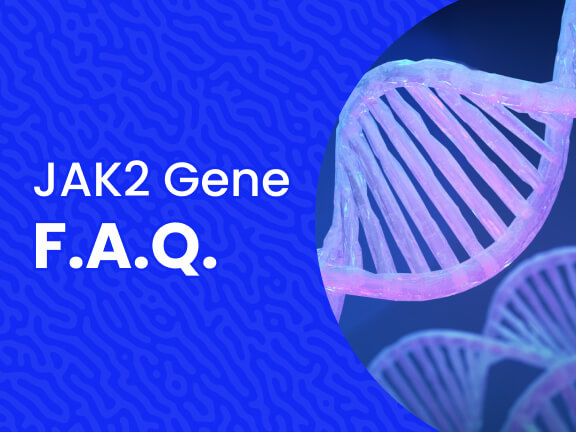How Massive Bio helps Myelodysplastic Syndrome Patients?
Massive Bio offers free clinical trial matching as well as an independent cancer treatment analysis for patients with Myelodysplastic Syndromes (MDS). Our patient relations coordinators and case managers work closely with patients to gather information on their current medical status, and then will provide a list of options from available cancer clinical trials close to your home.
We can also provide a comprehensive case analysis through our Virtual Tumor Board from cancer specialists. The Virtual Tumor Board (VTB) is comprised of highly specialized oncologists from nationally recognized Cancer Centers of Excellence. In just 7-10 days after receiving your medical records, we can get you a treatment plan without having to travel far distances and use your valuable time.
Myelodysplastic Syndromes Clinical Trials
There are approximately 428 clinical trials for MDS in the United States right now. With such an extensive list, many of them could be beneficial for you. Our team of patient relations coordinators, who are oncology nurses, and our artificial intelligence-based clinical trial matching system will find the best option for you. With just a few clicks, you can see your clinical trial matches now. Click here to use our AI-powered Clinical Trial Matching System.
Myelodysplastic Syndromes Facts
Known as the bone marrow failure disorder, MDS causes immature blood cells to not be able to mature into normal healthy cells. As a result, individuals with MDS generally have abnormally low blood cell levels. According to the MDS Foundation approximately 13,000 people in the United State are diagnosed with MDS each year. It is rare to find MDS in people younger than 40, and most people who are diagnosed with MDS are over 60.
The exact cause of MDS is unknown but genetics and certain chemotherapeutic drugs or toxic exposures in the environment may play a part. Because some cases of MDS may progress into leukemia, myelodysplastic syndromes have also been known as pre-leukemia and smoldering leukemia.
What are the Types of Myelodysplastic Syndromes?
There are 6 types of MDS, which differ based on the type of blood cells that are affected, and how they appear under a microscope. The different MDS are listed as:
- MDS with multilineage dysplasia (MDS-MLD)
- MDS, unclassifiable (MDS-U)
- MDS with excess blasts (MDS-EB)
- MDS with single lineage dysplasia (MDS-SLD)
- MDS with isolated del(5q)
- MDS with ring sideroblasts (MDS-RS)
Myelodysplastic Syndrome Symptoms
Symptoms experienced vary from patient to patient, both depending on the type of MDS they have, and the types of blood cells being affected. General symptoms associated with MDS include:
- Fatigue
- Dizziness
- Weakness
- Bruising and bleeding
- Frequent infections
- Headaches
Over time, people with MDS have more abnormal blood cells than healthy ones, which can lead to conditions such as anemia, leukopenia, and thrombocytopenia. MDS has a tendency to get worse with time as the normal bone marrow function dwindles.
Myelodysplastic Syndromes Treatments
Treatment options for MDS patients depends on the exact type they have, as well as the symptoms that are being experienced. Some patients with MDS live for years with little or no treatment if they do not experience symptoms. However, about one-third of MDS patients will develop acute myeloid leukemia (AML) so every patient is different. There are three types of treatments for MDS patients. They include:
- Supportive care: Alleviate symptoms
- Drug therapy: Slow progression of the disease
- Chemotherapy with stem cell transplant: Only curative treatment currently available
Drug therapies include:
- Lenalidomide
- Azacitidine and decitabine
- Immunosuppressive therapy
Supportive care to alleviate symptoms include:
- Transfusion therapy
- Antibiotic therapy
- Erythropoiesis-stimulating agents
There are treatment options and approaches currently being studied in clinical trials. Clinical trials can be an option for both patients who haven’t received treatment yet and those who do not see results in standard treatments.
Support
Our team of patient relations coordinators help guide cancer patients to treatment options you might not have been previously aware of. Although you might be new to cancer, we certainly are not. Navigating cancer patients through the finding the best treatment is our goal. No two cancer patients are alike, which is why we find treatment for all of our patients based on their specific genomics, location, stage of cancer, and nearly 100 more data points.
Sources:













